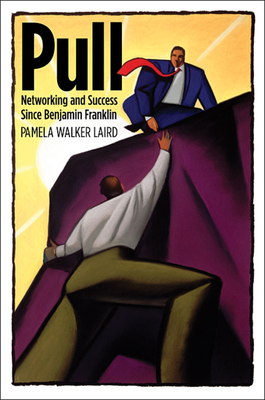Expedite your nonfiction book discovery process with Readara interviews, summaries and recommendations, Broaden your knowledge and gain insights from leading experts and scholars
In-depth, hour-long interviews with notable nonfiction authors, Gain new perspectives and ideas from the writer’s expertise and research, Valuable resource for readers and researchers
Optimize your book discovery process, Four-to eight-page summaries prepared by subject matter experts, Quickly review the book’s central messages and range of content
Books are handpicked covering a wide range of important categories and topics, Selected authors are subject experts, field professionals, or distinguished academics
Our editorial team includes books offering insights, unique views and researched-narratives in categories, Trade shows and book fairs, Book signings and in person author talks,Webinars and online events
Connect with editors and designers,Discover PR & marketing services providers, Source printers and related service providers

Pull
Business & Economics > Economic History
- Harvard University Press
- Paperback
- 9780674025530
- 7.96 X 5.34 X 1.28 inches
- 1.15 pounds
- Business & Economics > Economic History
- (Single Author) Asian American
- English
Readara.com
Book Description
Redefining the way we view business success, Pamela Laird demolishes the popular American self-made story as she exposes the social dynamics that navigate some people toward opportunity and steer others away. Who gets invited into the networks of business opportunity? What does an unacceptable candidate lack? The answer is social capital--all those social assets that attract respect, generate confidence, evoke affection, and invite loyalty.
In retelling success stories from Benjamin Franklin to Andrew Carnegie to Bill Gates, Laird goes beyond personality, upbringing, and social skills to reveal the critical common key--access to circles that control and distribute opportunity and information. She explains how civil rights activism and feminism in the 1960s and 1970s helped demonstrate that personnel practices violated principles of equal opportunity. She evaluates what social privilege actually contributes to business success, and analyzes the balance between individual characteristics--effort, innovation, talent--and social factors such as race, gender, class, and connections.
In contrasting how Americans have prospered--or not--with how we have talked about prospering, Laird offers rich insights into how business really operates and where its workings fit within American culture. From new perspectives on entrepreneurial achievement to the role of affirmative action and the operation of modern corporate personnel systems, Pull shows that business is a profoundly social process, and that no one can succeed alone.
Author Bio
moreVideos
No Videos
Community reviews
No Community reviews

